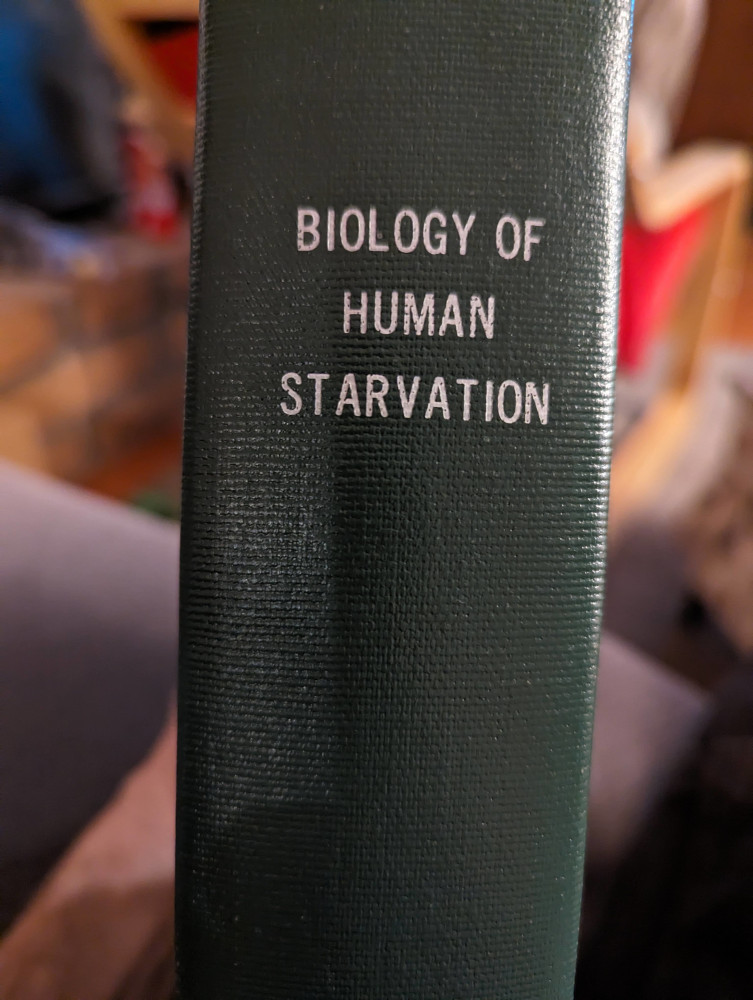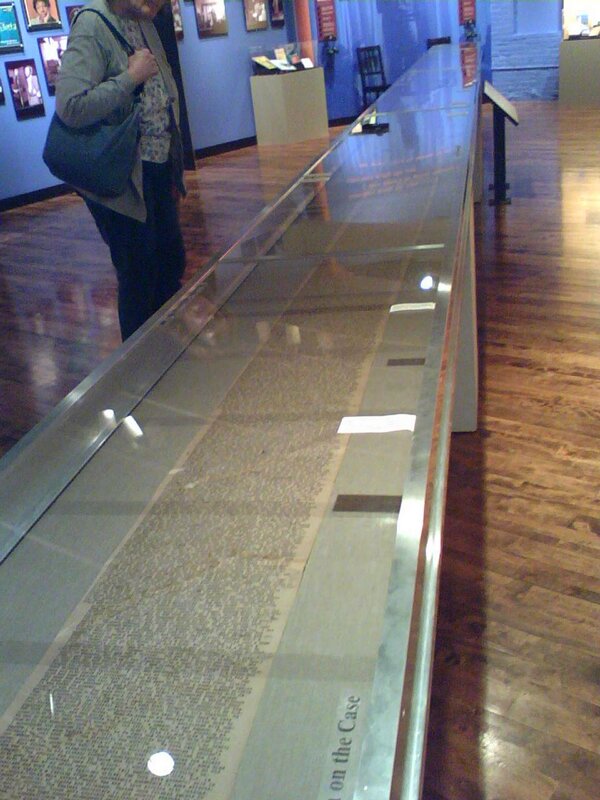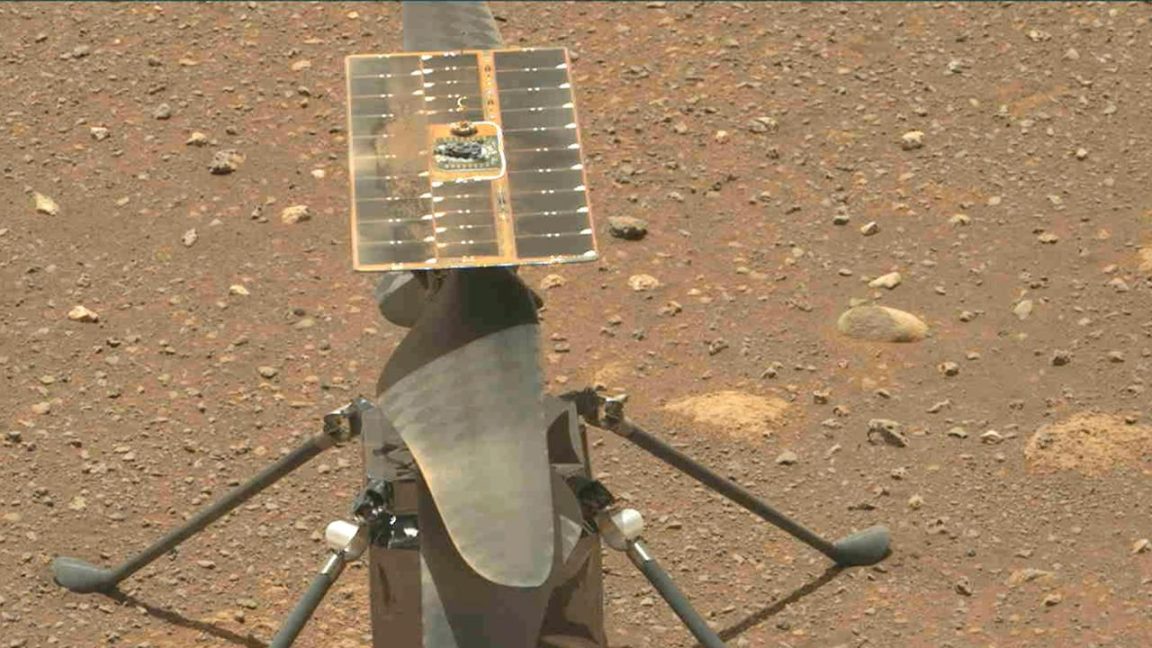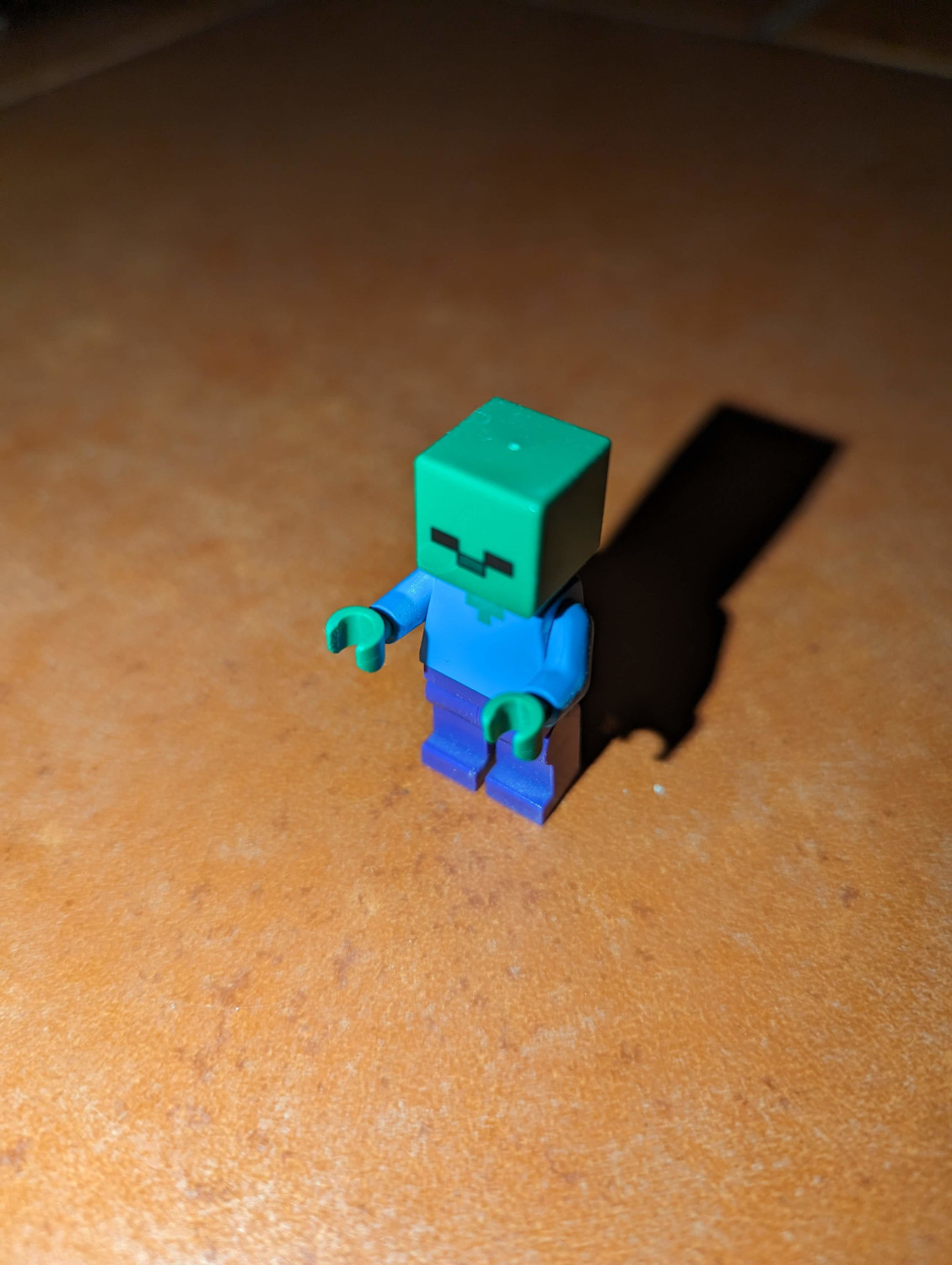“What brought you to Mars?” said Ori. The adults in the colony had grown up on one planet then decided to move to another. Why they did this was a topic that interested all the kids.
“It was the culture,” said Katy. “I realized Dawn was the greatest experiment in human culture ever conducted, so I came to see it myself. I only planned to be here one year, but then the Schism occurred.” Ori knew that term meant the time when the Martian colonists refused to return to Earth. “I knew the changes that would cause would be profound,” said Katy, “and I had to be here to record them.” She paused, remembering. “That’s partly true, at least. But, also, I loved what I saw happening on Mars and wanted to be part of it. So, when the last transport left for Earth, I stayed.”
—
From Water: Generation Mars, Book Three. Available now at https://www.amazon.com/Water-Generation-Mars-Book-Three/dp/1733731067

Image: Dawn Colony mission patch



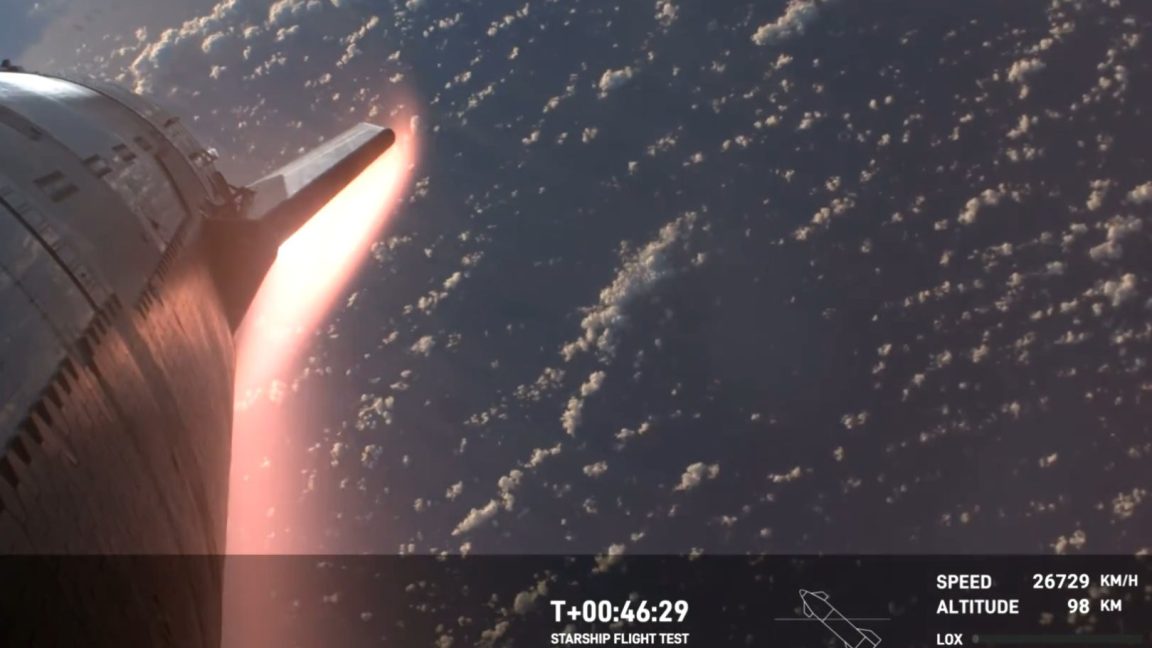
 Ars Technica
Ars Technica 